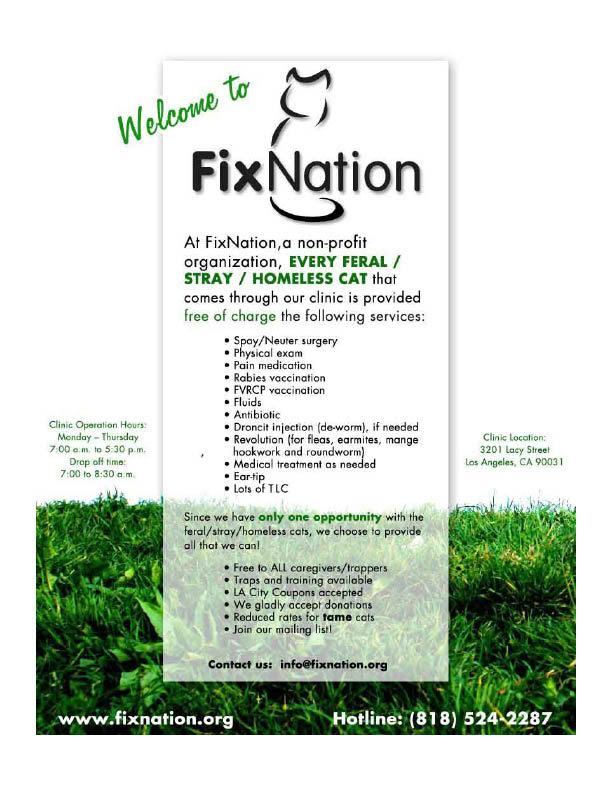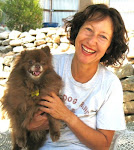
MAYOR VILLARAIGOSA SIGNS SPAY/NEUTER ORDINANCE INTO LAW
LOS ANGELES - Pledging to continue the efforts to reduce pet euthanasia and control the City’s pet population, Mayor Antonio Villaraigosa, joined by Los Angeles City Councilmembers Richard Alarcón and Tony Cardenas, Los Angeles Department of Animal Services General Manager Ed Boks, Animal Rights Advocate Bob Barker, Humane Society of the United States President Wayne Pacelle, PETCO Foundation President Paul Jolly and local animal advocates, today signed the Spay/Neuter Ordinance, a new law that requires all pet owners in the City of Los Angeles to have their cats and dogs spayed or neutered.
"By requiring that all cats and dogs be spayed or neutered, we can help to humanely decrease the number of pets abandoned and euthanized each year," said Mayor Villaraigosa. "This ordinance, which contains clear guidelines and enforceable penalties, creates a valuable tool to take this city another step closer toward eliminating the unnecessary euthanasia of animals.
"The Spay/Neuter Ordinance will require all pet owners in the City of Los Angeles to have their cats and dogs (four months of age and older) spayed or neutered, unless otherwise exempted because the animal competes, serves as a rescue or service animal, or unless the pet is a registered breeder. Any person violating the spay/neuter law will be cited, and could be subject to up to a $500 dollar fine or 40 hours of community service.
“This spay and neuter will move Los Angeles towards being the most humane city in America by educating pet owners to be more responsible, making our streets safer, reducing the number of animals killed each year in our shelters and allowing us to more effectively use our resources,” said Councilmember Alarcón.
“The problem in our city is not the animals but the human owners, and this ordinance will allow the Department of Animal services to target resources towards the worst offenders whose irresponsibility threaten public safety and fills our shelters with unwanted dogs and cats.”
This new law, which aims to assist in humanely decreasing the number ofcats and dogs abandoned and euthanized every year, also poses health benefits for the animals as well. Spaying reduces the risk of certain types of cancers and infections in females, especially if it is performed prior to the first heat. Moreover, neutering lessens a dog's temptation to roam, as well as to fight, as studies show that the majority of dog bites are made by intact, untrained male dogs.
The signing of this ordinance comes on heels of Spay Day USA 2008, an annual Humane Society of the United States (HSUS) coordinated event, during which, thousands of volunteers coast to coast host activities to educate and assist people with getting their pets spayed or neutered.
“The Humane Society of the United States commends the Los Angeles City Council for passing this common sense measure that will save animal lives and taxpayer dollars,” said Wayne Pacelle, HSUS president and CEO. “Combined with the availability of financial assistance for pet owners in need, Los Angeles now has the tools in place for successfully ending the euthanasia of healthy and treatable animals.”
“As with so many important accomplishments, this Spay/Neuter law is not the end of the story, but rather just the beginning,” said Mayor Villaraigosa. “We will continue to lead the effort by getting our dogs and cats spayed and neutered, licensed and permitted, and saving more animals’ lives.”
The new Spay/Neuter law will take effect in April.
http://video.knbc.com/player/?id=223005
























